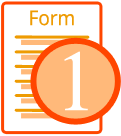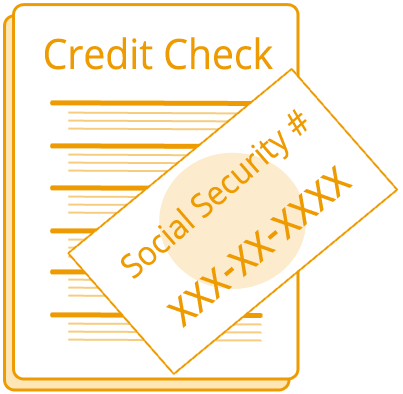Those great loans with little or nothing down are not available to everyone: You need good credit. For at least one year prior to purchasing a home, you should assure that every credit card bill, rent check, car payment and other debt is paid in full and on time. Here’s some important advice: as soon as you have made the decision that you want to buy a house, one of your first steps should be to make certain that you have a clear picture of your financial situation. At a minimum, you will most likely want to do the following:
– Run a Credit Report to make certain that there are no discrepancies or problems in your credit history. There are three major credit bureaus that lenders commonly use. Each credit bureau could possibly have different credit information on you depending on who your previous creditors report to. Not all lenders and creditors report to all credit bureaus. Here’s a couple good places to start for more information:
When you get your credit report, if you see an error, try to resolve it immediately. All three credit bureaus have procedures for correcting information promptly. Also, if you have any negative credit history, whether knowingly or unknowingly, now is the time to resolve those if possible. The more you can clear up before applying for a loan means less explaining by you later because most lenders will require a written explanation of negative credit information, especially if it was recent.
– Do an analysis of what your current financial situation is: where the money comes from and where the money is presently going. Develop a household budget for your current situation. Get into the habit of using it on a consistent basis!
– Do an analysis of how a house purchase will affect your budget. Be sure to factor in not only mortgage payments (including insurance and taxes) but also funds for items such as repairs and maintenance.
– Begin to gather items such as: last 3 years Income Tax returns, current copies of pay stubs, records of any past derogatory credit history that has since been paid off, and records of any supplemental income you may have. If you are self employed, you will need all business records and tax returns for the last 3 years. Having these items close at hand will save an enormous amount of time when the Mortgage Company begins to ask for them (and ask for them they will!).
– Keep your spending patterns in check. If it is possible to do so without adversely affecting your down-payment situation, pay off minor debts. The less debt you have the easier your Mortgage “sailing” will be.
– Do not incur any new debt. Many mortgage applications have been stopped in their tracks because the applicants had decided a week before the application that a shiny new car with a big finance or lease payment would look just perfect in the driveway of their new home. Since mortgages are based on debt to income ratios (the amount you pay out monthly versus the amount you bring in) a newly acquired debt could be enough to throw the ratios off and make the mortgage unobtainable or force you to settle for less home than you wanted.
Next:
Related Articles:
Is My Agent Looking Out for my Best Interests?


